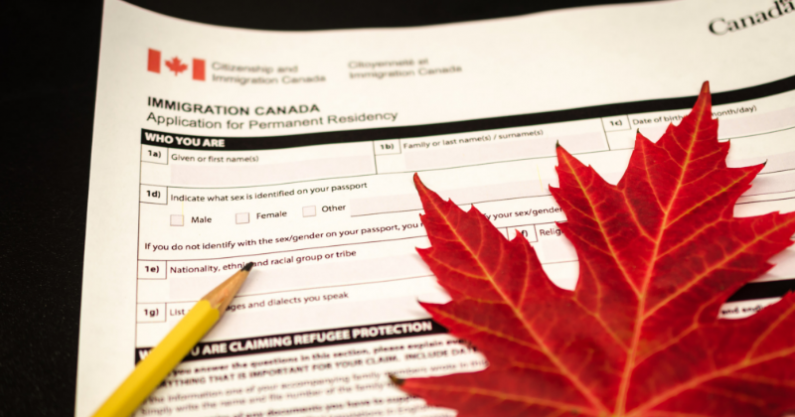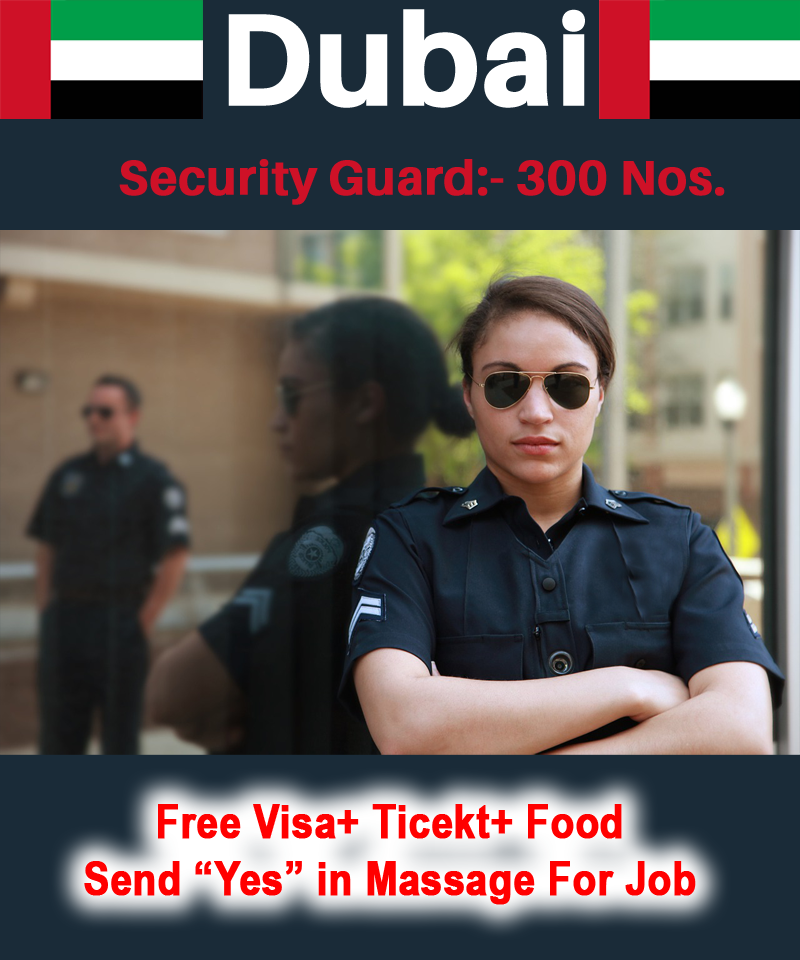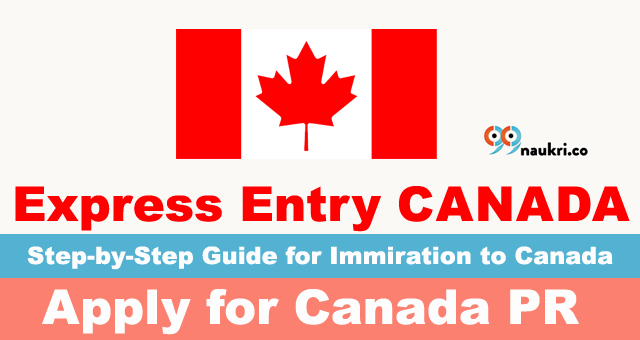Canada Open Work Permit
Eligibility requirements for all applicants: Canada Open Work Permit
There are specific requirements you need to meet depending on where you are when you apply for your work permit.
But regardless of where you apply or which type of work permit you apply for, you must:
- prove to an officer that you will leave Canada when your work permit expires
- show that you have enough money to take care of yourself and your family members during your stay in Canada and to return home
- obey the law and have no record of criminal activity (we may ask you to give us a police clearance certificate),
- not be a danger to Canada’s security
- be in good health and have a medical exam, if needed
- not plan to work for an employer listed with the status “ineligible” on the list of employers who failed to comply with the conditions
- not plan to work for an employer who, on a regular basis, offers striptease, erotic dance, escort services or erotic massages, and
- give the officer any other documents they ask for to prove you can enter the country
Eligibility requirements if you apply from outside Canada
Anyone can apply before they enter Canada. However, there may be visa office requirements that you need to meet depending on what country or territory you’re applying from. Make sure you follow the instructions for how to apply.
Find out if you can benefit from the Global Skills Strategy’s two-week application processing.

Eligibility requirements if you apply from inside Canada
- You can only apply for a work permit from inside Canada if:
- you have a valid study or work permit
- your spouse, common-law partner or parents have a valid study or work permit
- you’ve graduated from a program at a:
- Canadian university
- community college
- CÉGEP
- publicly funded trade/technical school, or
- other eligible schools
- you have a temporary resident permit that is valid for six months or more
- you’re waiting on a decision on an application for permanent residence from inside Canada
- you made or will make a claim for refugee protection
- you’ve been recognized as a convention refugee or protected person by the Immigration and Refugee Board of Canada
- you’re allowed to work in Canada without a work permit but you need a work permit to work in a different job, or
- you’re a trader, investor, intra-company transferee, or professional under NAFTA
Eligibility requirements if you apply when you enter Canada at a port of entry (POE)
We recommend that you apply for your work permit before you travel to Canada. However, you can apply for a work permit when you enter Canada if:
- you don’t need a visitor visa to come to Canada
- AND
- you’re applying for an open work permit, or
- your employer has completed all of the required steps for your employer-specific work permit
You may need to take a medical exam before you come to Canada. Find out if you need one.
How to apply: Canada Open Work Permit
You can apply for a work permit online or on paper.
You need to give your biometrics
In most cases, you now need to give your fingerprints and photo (biometrics) after you apply. Find out where biometrics fits in the application process.
Why you should apply online: Canada Open Work Permit
- No courier fees or mail delivery time – we get your application instantly.
- Online applications may be processed more quickly.
- Avoid processing delays. Incomplete applications are returned to you. Applying online helps ensure your application is complete before you submit it.
- If we need to ask for more documents, you can quickly submit them online.
- You don’t need to submit your passport until we ask for it.
- Get updates on the status of your application directly in your online account.
Is it difficult to find a job in Canada?
In fact, it’s probably more difficult for immigrants to find a job in Canada than anywhere else and it’s not for lack of jobs or a bad economy. … That can make it extremely difficult for immigrants to find a job, especially when they first move to Canada and have no “Canadian work experience”.
What jobs are Canada looking for?
Here are 10 of the top occupations in demand in
1. Canada for 2018!
2. Registered Nurse. …
3. Truck Driver. …
4. College or Vocational Instructor. …
5. Business Management Consultant. …
6. Welder. …
7. Software Engineer and Designer. …
8. Electrician. …
9. Steamfitter or Pipefitter.
Can I move to Canada without a job?
Unlike some foreign countries, you do not need a job offer to immigrate to Canada. There are programs available for you that allow you to apply for permanent residency in Canada without securing employment beforehand. You can apply for permanent residence if you are considered a Skilled Worker.
How hard is it to get a work visa in Canada?
If you are semi-skilled or “skilled” (university educated) for most people the simplest way to come to Canada is to get a work permit. There are two problems: First, you have to convince a Canadian employer to give you a job over a Canadian citizen or permanent resident.
What is the maximum age to immigrate to Canada?
The new program requires a minimum of 1-year to qualify and the maximum consideration is 6-years. Up to 12 points will be allotted to candidates between the ages of 18 and 35 years. Each year above the age of 35 will reduce the allocation by 1, with no points being awarded as of age 47.
Improving your English and French: Canada Open Work Permit
Canada has two official languages: English and French. English is the most commonly spoken language in most provinces and territories.
French is the main language spoken in Quebec and in some areas of Ontario, New Brunswick and Manitoba. There are also francophone communities in all provinces and territories across Canada. Quebec has a large minority of residents who speak English. Canada Open Work Permit|2021|
We offer all official federal government services, publications and documents in both English and French.
The importance of language skills: Canada Open Work Permit
English or French language skills are very important to help you settle in Canada. You may choose to focus on learning or improving one or the other. This will likely depend on which of the two languages most people speak in the area where you live.
Strong English or French skills will help with Canada Open Work Permit
- getting a job
- going to school
- accessing services
- helping your children with schoolwork
- meeting and talking to people
- getting your Canadian citizenship
Take steps to improve your French or English while you are still in your home country and as soon as you arrive in Canada. Canada Open Work Permit
If you already speak an official language, think about learning the other. In many parts of Canada, being able to speak both is an advantage for finding a job and taking part in your community.
The Language Portal of Canada has a variety of tools and resources to improve your language skills.
Language skills for work
The English or French skills you needed to be eligible to immigrate may not be strong enough for you to work in your field.
Most regulated jobs and trades require you to:
- be fluent in English or French
- have a strong knowledge of all work-related language
- understand phrases or expressions used, some of which may be unique to Canada
Find out about the language requirements you must meet to work in your field. If needed, contact your regulatory body to learn about the type of language test that will be used to evaluate or assess you.
You may want to consider taking language classes or looking for bridging programs that offer both language training and work experience. Canada Open Work Permit

Immigration, Refugees and Citizenship Canada
- Immigration, Refugees and Citizenship Canada facilitates the arrival of immigrants, provides protection to refugees, and offers programming to help newcomers settle in Canada. It also:
- grants citizenship, and
- issues travel documents (such as passports) to Canadians.














